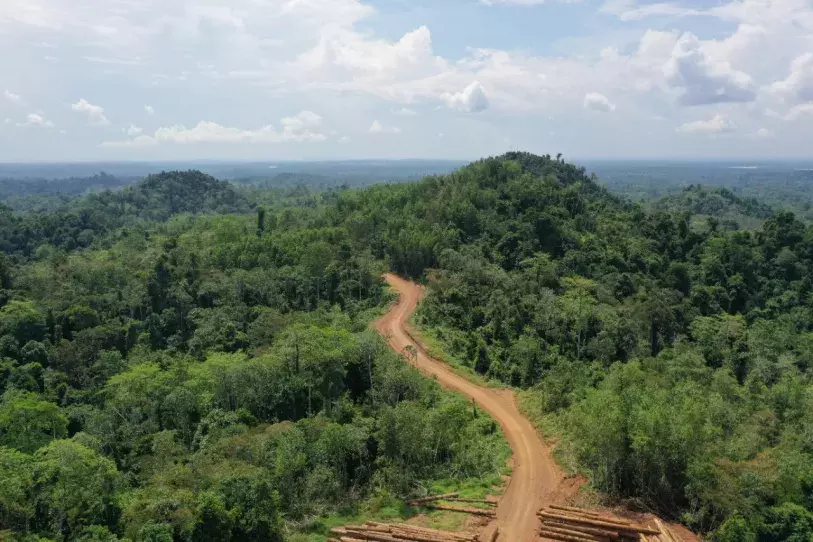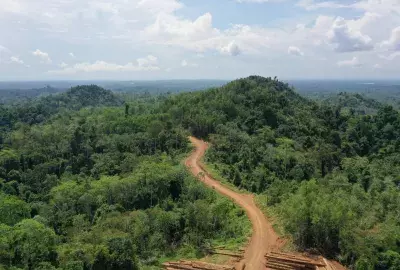
Increasing urgency to address climate change has heightened efforts by the world’s highest-emitting countries to implement a suite of policies targeted at relieving pressures on the world’s forests. Prominent among these are initiatives regulating commodity supply chains most responsible for climate change. This paper addresses the most ambitious of such initiatives to date, the European Union Deforestation-free Regulation (EUDR), which was formally adopted by the European Parliament on June 30, 2023. Drafters of EUDR suggest it can reduce annual emissions by 32 million tons of carbon, but calculations and achievement of these reductions are contingent on various factors. We provide a policy implementers view of EUDR’s key issues and draw on experience from past regulations to highlight fundamental challenges and concerns. While much of current policy analysis focuses on geopolitics and bilateral trade tensions, EUDR’s supporting infrastructure is getting underway and largely overlooked. The extent of its success rests on four key issues: 1) credible and equitable mechanisms in producer countries to ensure traceability of deforestation-free products, 2) more equitable trade terms, 3) internal EU cohesion, and 4) overcoming risks to the most vulnerable producers. How these issues unfold will also structure other ambitious emerging policies, such as the US FOREST Act and the UK Environment Act.
The views expressed are those of the author and do not necessarily reflect East-West Center policies or positions.
Photo credit: Krystof Obidzinski
Increasing urgency to address climate change has heightened efforts by the world’s highest-emitting countries to implement a suite of policies targeted at relieving pressures on the world’s forests. Prominent among these are initiatives regulating commodity supply chains most responsible for climate change. This paper addresses the most ambitious of such initiatives to date, the European Union Deforestation-free Regulation (EUDR), which was formally adopted by the European Parliament on June 30, 2023. Drafters of EUDR suggest it can reduce annual emissions by 32 million tons of carbon, but calculations and achievement of these reductions are contingent on various factors. We provide a policy implementers view of EUDR’s key issues and draw on experience from past regulations to highlight fundamental challenges and concerns. While much of current policy analysis focuses on geopolitics and bilateral trade tensions, EUDR’s supporting infrastructure is getting underway and largely overlooked. The extent of its success rests on four key issues: 1) credible and equitable mechanisms in producer countries to ensure traceability of deforestation-free products, 2) more equitable trade terms, 3) internal EU cohesion, and 4) overcoming risks to the most vulnerable producers. How these issues unfold will also structure other ambitious emerging policies, such as the US FOREST Act and the UK Environment Act.
The views expressed are those of the author and do not necessarily reflect East-West Center policies or positions.
Photo credit: Krystof Obidzinski








